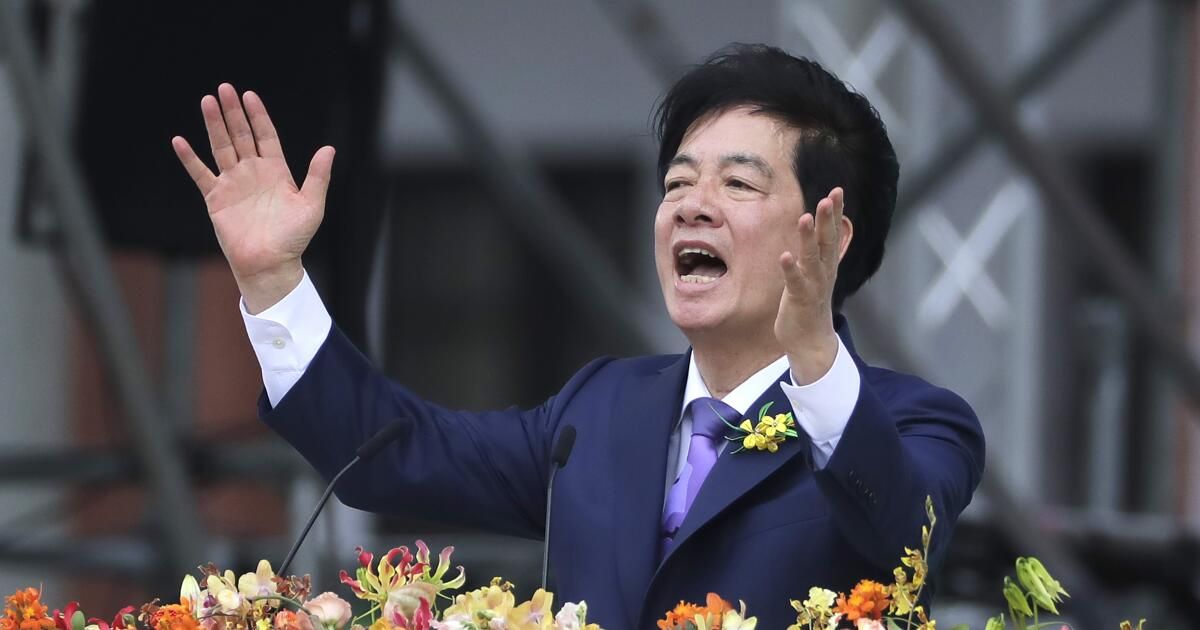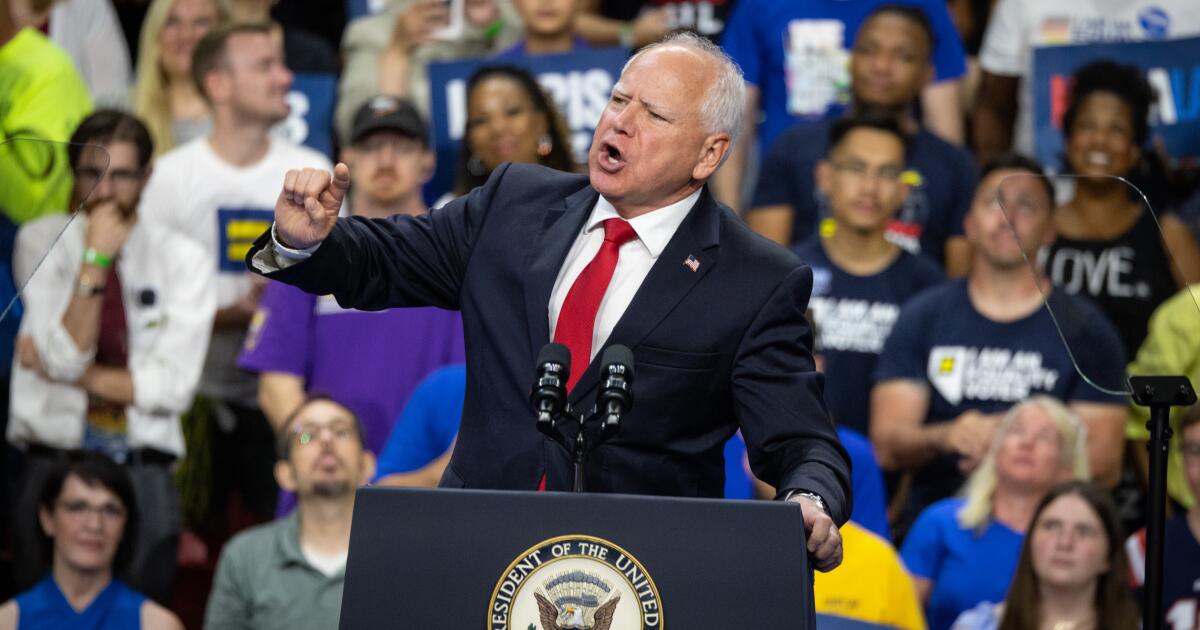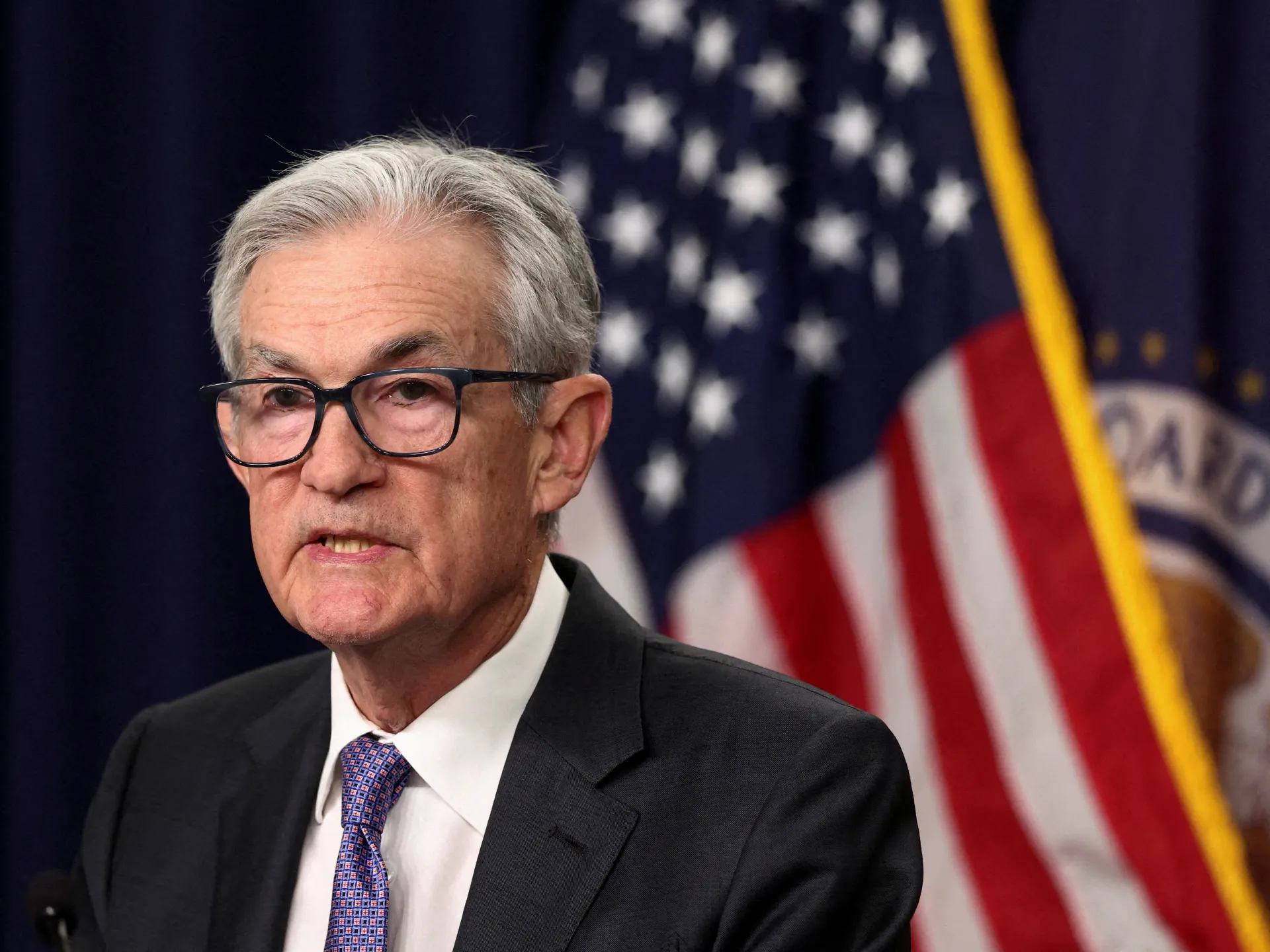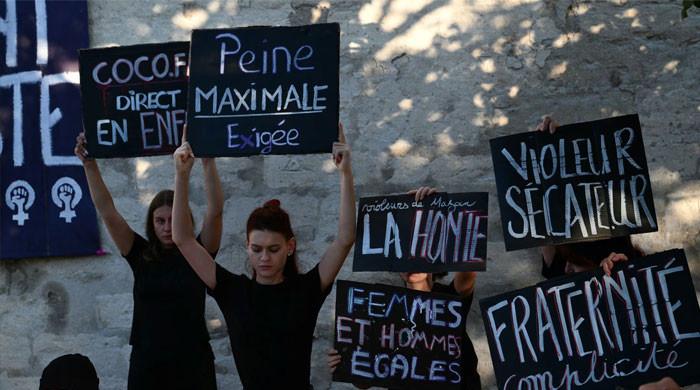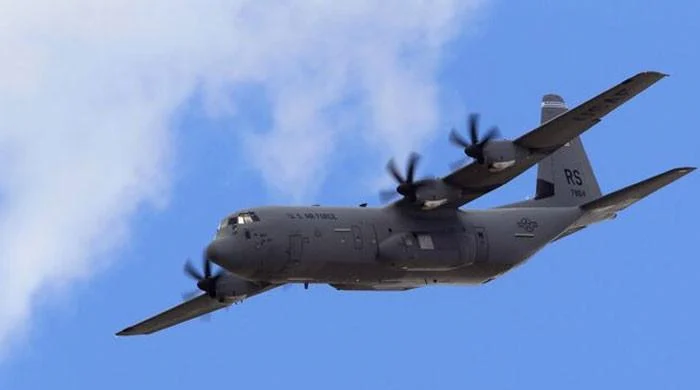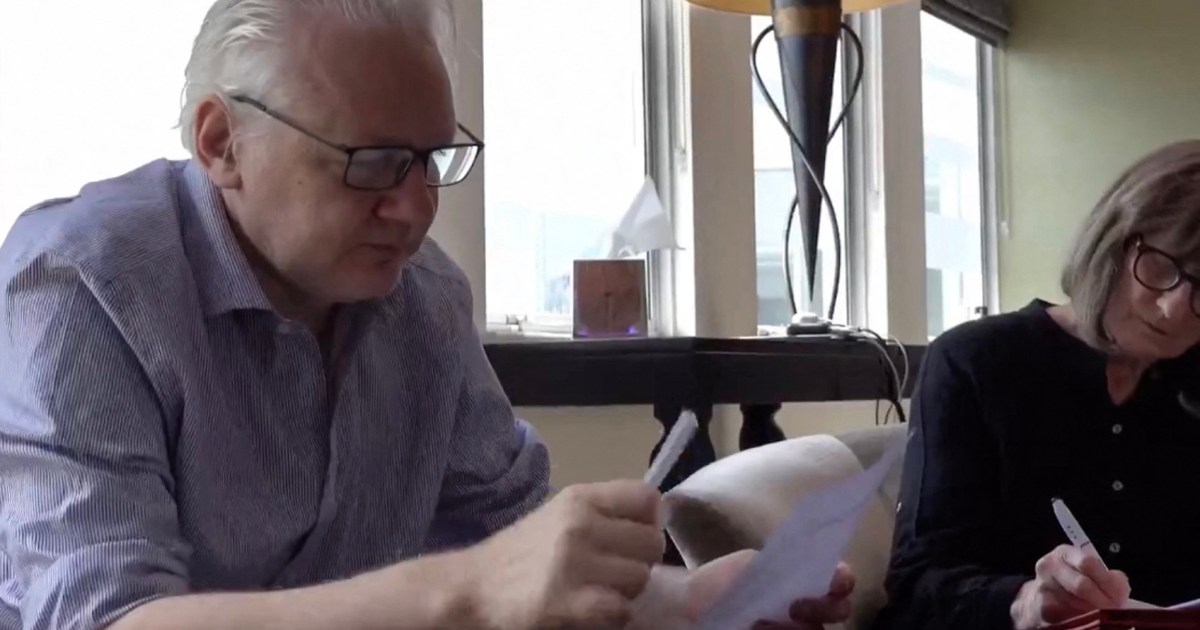In his first speech as Taiwan's president, Lai Ching-te emphasized preserving peace amid rising tensions with China and criticism that it could spark military conflict.
At his inauguration on Monday, Lai called on China to help maintain peace and stop military and political intimidation directed at the self-ruled island. Chinese President Xi Jinping considers Taiwan part of China's territory and has vowed to seek its unification with the mainland, by force if necessary.
Denounced by China as a “separatist” who advocates Taiwan independence, Lai highlighted his dedication to preserving the status quo without ceding ground to Beijing's sovereignty claims.
“As we pursue the ideal of peace, we must harbor no delusion,” he said after taking the oath. “As long as China refuses to renounce the use of force against Taiwan, all of us in Taiwan must understand that Even if we accept the entirety of China's position and renounce our sovereignty, China's ambition to annex Taiwan will not simply disappear.”
The Chinese government's Taiwan Affairs Office released a statement Monday after Lai's speech saying he “stubbornly maintains a separatist 'Taiwan independence' stance” and accused him of undermining peace and stability in the region. .
China also sanctioned three US defense contractors on Monday for providing weapons to Taiwan.
China has stepped up military activity around the island of 23 million people in recent years. It has also reduced preferential tariffs and trade on certain products from Taiwan, in what officials have criticized as economic coercion.
Daniel Russel, vice president of international security and diplomacy at the Asia Society Policy Institute, said that while Lai's comments may reassure some foreign governments that he will not seek formal independence for Taiwan, they did little to appease leaders in China.
“There is virtually nothing Lai could have said, other than 'unconditional surrender,' that would satisfy Beijing,” Russel said.
Lai's election marks the first time a political party in Taiwan has governed for more than two presidential terms. Under his predecessor, Tsai Ing-wen, the island democracy boosted defense spending and strengthened ties with the United States, which recently passed a bill to provide $8 billion in aid to Taiwan.
Wen-ti Sung, a political scientist at the Australian National University who specializes in cross-strait relations, said Lai's inauguration speech largely telegraphed his plan to continue the same policies of Tsai, with whom Beijing cut contact when she took office eight years ago.
“He's trying to project an image of pragmatism and predictability,” Sung said.
Lai, a 64-year-old former doctor, won the January election with 40% of the vote and faces a divided parliament. In his remarks, he addressed the need to work with opposition lawmakers, as well as internal issues such as low wage growth, energy security and affordable housing.
“This new structure is the result of the people's choice,” he said. “Looking at it from a different perspective, the lack of an absolute majority means that the ruling and opposition parties can now share their ideas and that we will address the nation's challenges as one.”
He also proposed restarting tourism and student exchanges with China.
“Cross-Strait relations will remain fragile and mired in mistrust,” said Amanda Hsiao, senior China analyst at International Crisis Group. “But the resumption of tourism and student exchange can help improve the environment.”
There was little coverage of the inauguration in the Chinese state or on social media. On Weibo, the Chinese X-type social media platform, searches for Lai and Tsai appeared to be blocked. The Global Times, the Communist Party tabloid, called Lai a secessionist in an article on Sunday and warned that he might be encouraged to take steps toward independence during his term.
“In the long term, the state of cross-Strait relations will not be optimistic,” the article said.
Special correspondent Huiyee Chiew in Taipei contributed to this report.

